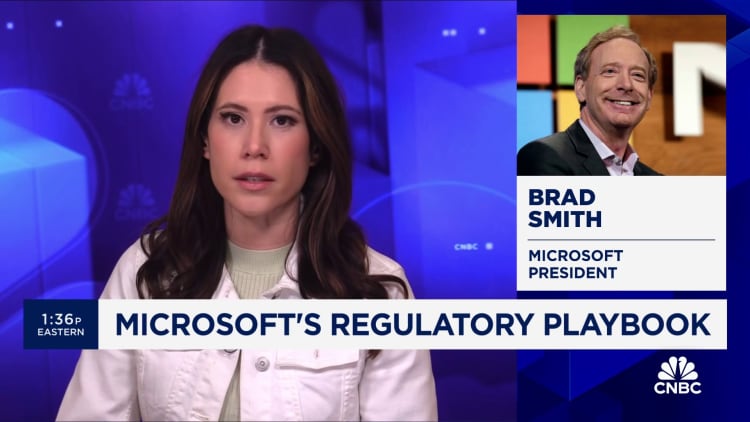In a recent announcement, Microsoft revealed that Pavan Davuluri, a long-time company veteran, has been appointed to lead the Windows operating system and Surface devices teams. Davuluri, who has been with Microsoft since 2001, has been a corporate vice president for nearly three years. This promotion comes after Panos Panay left for Amazon last fall, leaving big shoes to fill in the Windows division.
Windows remains a critical part of Microsoft’s business, as many clients rely on it when deciding which cloud infrastructure to use for their IT projects. Despite the shifting landscape towards generative artificial intelligence, Windows continues to play a key role in Microsoft’s overall strategy.
This move also comes on the heels of Microsoft hiring Mustafa Suleyman, a former co-founder of DeepMind, to lead the newly formed Microsoft AI organization. With these strategic hires and organizational changes, Microsoft is positioning itself to capitalize on the growing interest in artificial intelligence and innovative technologies.
In a memo published by The Verge, Microsoft’s technology chief, Rajesh Jha, outlined the restructuring of the Windows and Web Experiences team. Mikhail Parakhin, who previously led the team, will be exploring new roles within the company. Pavan Davuluri will now lead the combined Windows Experiences and Windows + Devices teams as part of the Experiences + Devices division.
Overall, these changes signal Microsoft’s commitment to driving innovation and staying at the forefront of technology trends. With a renewed focus on AI and user experiences, Microsoft is poised to continue its success in the ever-evolving tech industry.
In my opinion, Microsoft’s decision to appoint Pavan Davuluri to lead the Windows and Surface devices teams shows the company’s dedication to maintaining its position as a leader in the tech industry. By bringing in experienced leaders like Davuluri and Suleyman, Microsoft is shaping its future strategy around artificial intelligence and innovative technologies. This strategic move positions Microsoft for long-term success and growth in an increasingly competitive landscape.


